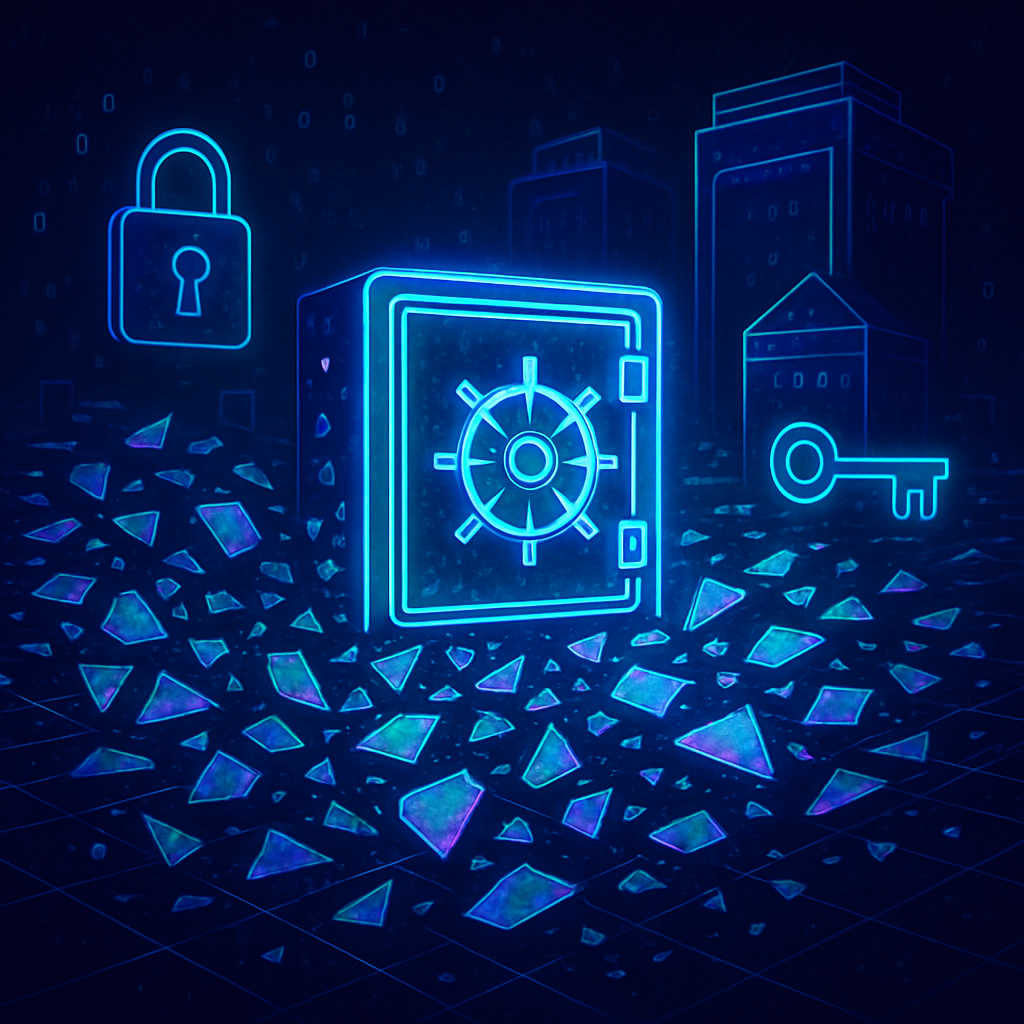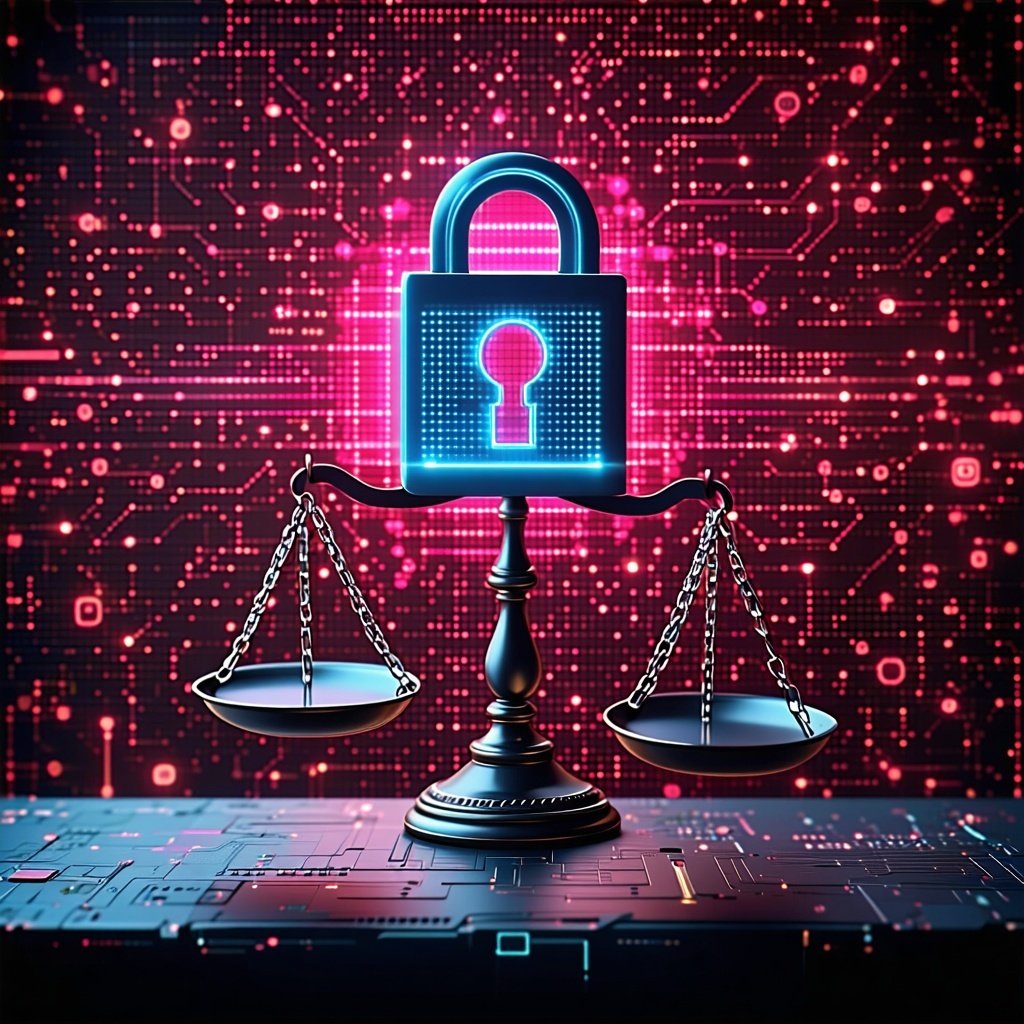Don’t Gamble With Your Company’s Data Security
In the world of data security, there’s no shortage of sinister actors waiting for the opportunity to strike. Just like in a game of poker, where card sharks prey on unsuspecting players, malicious cybercriminals are constantly trying to gain access to your data for their own benefit. This applies especially to industries where highly sensitive and regulated data must be kept out of the hands of motivated cyberattackers at all costs.
With so many different kinds of attacks in the news, not to mention so many security applications and tools to manage, it’s important to understand what you’re up against. In this post, we’ll help you understand both the threat landscape and the best security options to protect yourself.
Common data security threats
As with any game of poker, understanding the risks and keeping a sharp eye on your cards — your sensitive data — is key to winning big.
One of the most common cyberthreats is the brute-force attacker, who tries to gain entry to a system by continuously guessing at the right combination. It's a little like a poker player who keeps throwing chips into the pot without really knowing what they’re doing. To protect against brute-force attacks, companies can employ measures like strong passwords, multi-factor authentication, and biometrics.
Another common problem is the insider threat: someone with legitimate access to your data who may abuse that access to steal or misuse sensitive information. This kind of actor is more like a poker player who has house information or is working with a partner to cheat. To mitigate this insider risk, it’s important to limit access to data in the cloud and monitor for suspicious behavior.
Another type of cyberthreat is misconfigured storage settings in the cloud. Surprisingly common, misconfigurations can lead to the exposure of millions of files of sensitive information, and they can cost millions of dollars in lost revenue and fines. In our metaphor, this is like a player walking by a poker table and looking at someone’s hand to gain valuable information.
Finally, there’s the problem of the skilled ransomware attacker. Ransomware has become a hugely sophisticated criminal enterprise, with developers selling malware subscriptions to criminals in well-maintained web stores. This kind of attacker often gains entrance to a system via phishing and other kinds of social engineering, which have become more sophisticated and customized in recent years. They’re like a professional poker player who uses charm or deception to gain a seat at your table — and then takes your cards out of your hand and holds them hostage until you give up your chips.
ShardSecure’s technology: leaving nothing to chance
In a traditional poker game, the deck will be shuffled and the cards will be dealt into a number of hands. No single player will have access to all the cards in the deck. However, if one of the players is a determined card shark, they may be able to remember which cards have been dealt to which hands and use that information to gain an unfair advantage.
Now imagine that each of those cards represents a piece of sensitive data that needs to be protected. Just shuffling that data might be enough to keep it private from unauthorized users. But if you’re dealing with a motivated cyberattacker, you may need to go further. That’s where ShardSecure comes in.
Not only do we break data into smaller pieces, but we also add poison data to confuse would-be attackers. We then distribute that data to multiple customer-owned storage locations in cloud, on-prem, or hybrid- and multi-cloud configurations. It’s like shuffling cards — but then adding in cards from other decks and dealing hands to players at entirely different tables.
In poker, if a card shark is able to peer into another player’s hands, they may learn enough to throw the game in their favor. With ShardSecure, on the other hand, attackers are left with nothing of value. Even if they manage to gain access to a storage location containing sensitive data, they will only be able to see a small, unintelligible fraction of the overall data. Just as a single hand of cards cannot be reassembled into a full deck, that data cannot be reassembled into meaningful information.
Conclusion
In a game of poker, it's always better to have a dealer who ensures that the game is played fairly and securely. With ShardSecure, you have a reliable dealer on your side. We go well beyond shuffling your data, providing advanced file-level protection and robust data resilience. We also neutralize ransomware, support compliance with cross-border data regulations, and much more.
The bottom line? You shouldn’t have to change casinos to stay safe from the card sharks, and you shouldn’t have to choose inconvenient storage options to keep your sensitive data safe from threats. With ShardSecure, you can regain control of your data and ensure that it remains secure and protected, no matter how high the stakes.
.jpg?width=60&name=Bob-Lam--2022--Resized%20(1).jpg)






